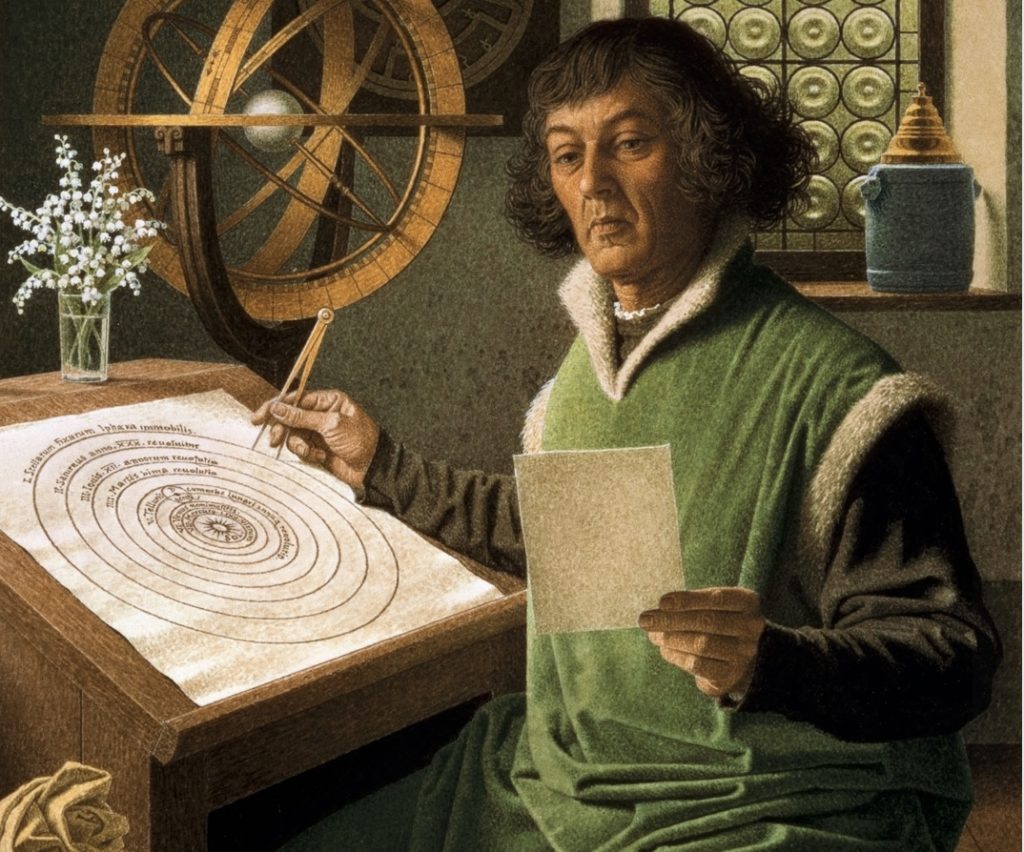
People of extreme intelligence, are distinct in their inclination to challenge accepted beliefs. Socrates, Copernicus, Galileo, Newton, Nietzsche, Darwin and Einstein are among the most intelligent people who have ever lived, and they were all renegades who challenged consensus.
Those extremely intelligent free-thinking renegades from early in their lives challenged the religious beliefs, social norms, and personal restrictions that most people accepted without question. They asserted their beliefs even under the threat of ostracism, ridicule or death. Socrates was sentenced to death for encouraging young people to think independently. Copernicus published his ideas posthumously to avoid a charge of heresy, Galileo was under house arrest to the end of his life, and Newton refrained from publishing his discoveries. As Nietzsche once observed:
The individual has always had to struggle to keep from being overwhelmed by the tribe. If you try it, you will be lonely often, and sometimes frightened. But no price is too high to pay for the privilege of owning yourself.
Charles Darwin was ridiculed for suggesting that “man descended from the ape,” and Einstein’s theories were rejected by the scientific community for more than a decade.
Standing apart from the crowd and formulating one’s own ideas requires a great deal of self-efficacy and confidence that is often interpreted as arrogance or strangeness. The exceptional insights that come from the rational habit of mind also bring with it a personal sense of isolation from humanity. The highly intelligent person feels a sense of mental detachment that prompts them to look at our species from the outside, as though studying a colony of primates, while recognizing that they too are part of the same species and possessing all the same anomalies in their DNA.
This detachment is sometimes manifest in the recognition that existence may be finite and perhaps meaningless. In his biography of Einstein, Walter Isaacson wrote that Einstein, when asked whether he believed in an afterlife, responded, “I’ve already had one life, and I don’t need another.” (See also: My Evening with Einstein ) However, the rational habit of mind also brings with it a deep humility that comes from the recognition of how little we know about ourselves or the universe. In the article My Evening with Einstein, John Bunzel states:
He [Einstein]had often claimed, he said, that if there was something in him that could be called religious, it was the unbounded joy and amazement at the structure, beauty and grandeur of the world as far as our science could reveal it.
Indeed, extremely high intelligence brings with it a sense of isolation from humanity, as well as a deep humility that derives from an understanding of how little we know about existence and our universe. The unrelenting tendency to ask “why?” often leads the highly intelligent person to ask “why not?”, thereby initiating a new paradigm or way of thinking. As George Bernard Shaw once observed, “Some men see things as they are and ask why, I dream things that never were and ask why not.”
